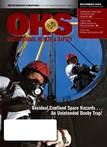
November 2016
- IH/CONFINED SPACE: Peer-to-Peer Wireless: A Game Changer for Confined Space Monitoring
- CONFINED SPACE: Residual Confined Space Hazards . . . An Unintended Booby Trap!
- CHEMICAL SAFETY: Making Sense of a Safety Data Sheet
- HEAD & FACE PROTECTION: Prescription Safety Eyewear: Style, Design, Ergonomics, Delivery
- RESPIRATORY PROTECTION: Selecting Appropriate Respirators--A Complicated Matter
- RESPIRATORY PROTECTION: Harnessing the Powered Air Purifying Respirator
- HAND PROTECTION: Selecting the Best Hand Protection for the Task
- HAND PROTECTION: Why Quality Manufacturing Matters
- FALL PROTECTION: How Fall Protection Has Changed Dramatically Over the Decades
- SLIP & FALL: Slip Resistance
- ENVIRONMENTAL PROTECTION: Oxidizer Selection and Technology Options
- HEALTH CARE: Understanding Rotating Shift Workers' Health Risks
- HEALTH CARE: Your Ambulance Service: Friend or Foe?
- HEALTH CARE: What You Need to Know About Prescription Painkillers and Safety Risks
Cover Story
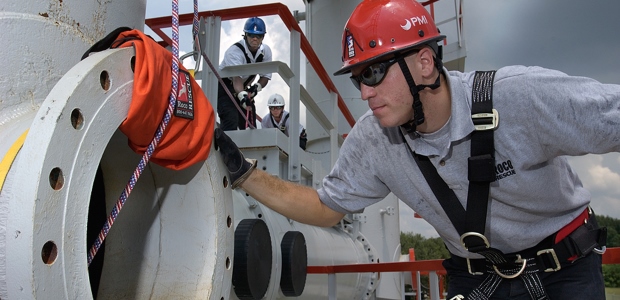
By Pat Furr
Using elements of the new construction industry regulation for confined spaces in a general industry program will go a long way to save the lives of those who would otherwise fall victim to them.
Features
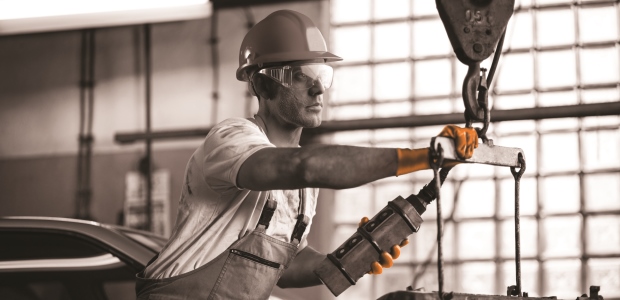
Get a grip on safety with new single-use glove technologies.

By Fred Kohanna
The low number of employers who offer training about workplace usage of prescription drugs must increase dramatically.

By Jim Stone
As thermal oxidizer technologies have been applied to a wider range of industrial applications, new challenges are continually uncovered that test their efficacy and durability.

According to OSHA, employers must ensure that Safety Data Sheets are readily accessible to employees for all hazardous chemicals in their workplace, and employees should have immediate access to the information without leaving their work area when needed, even during a power outage or other emergency.

By Mark Blanchette, Bert Spiller
To date no study has been performed that defines the safe threshold COF for a specific tribometer for all combinations of footwear, contaminant, and floor type.
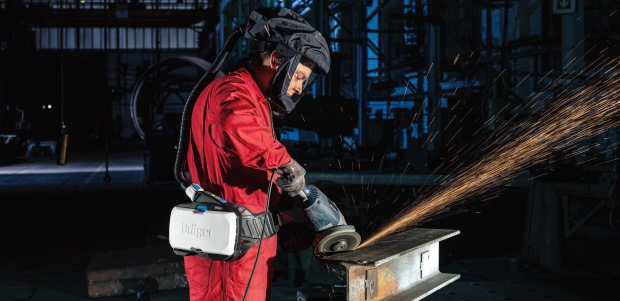
By Paula Varsamis
Differentiating between contaminants that are gaseous or dust can be crucial in ensuring your PAPR is the proper PAPR.
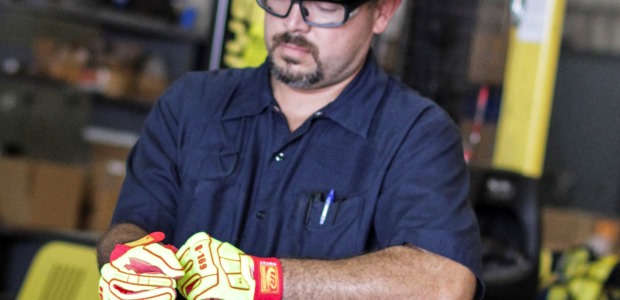
By Kevin Weatherford
When the correct level of persistence is applied toward identifying the hazard exposures, true cost savings will be seen every time.
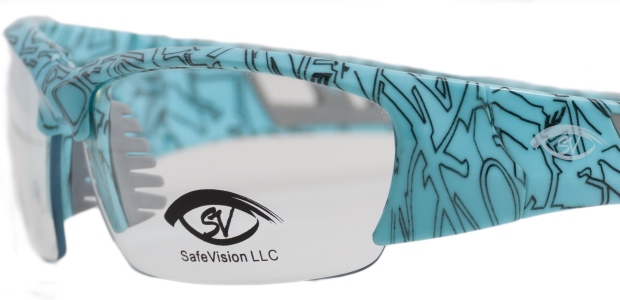
By Brent Motchan
Glasses are more protective, resilient, and fashionable than ever before.
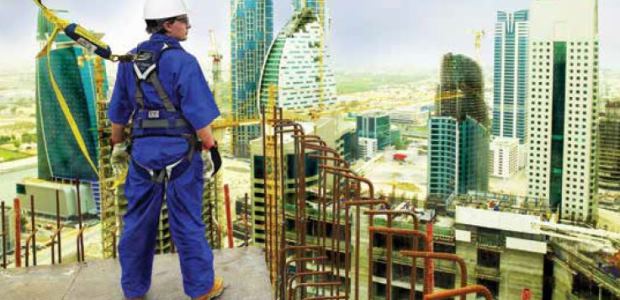
By Steve Kosch, Jim Hutter
Given all we know and the resources available to us, "rescue" today should be viewed as an expected event with a positive outcome.
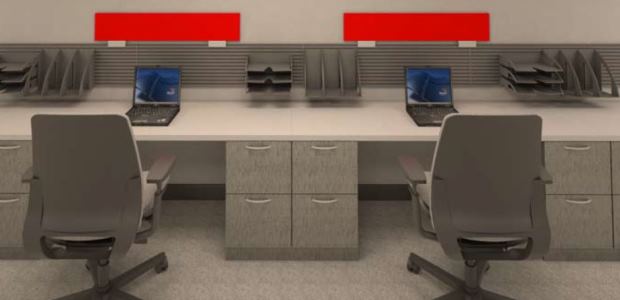
By Mariana G. Figueiro, Claudia M. Hunter
Until we know more, it is recommended that lighting in health care facilities should be designed to minimize acute melatonin suppression in night shift workers.
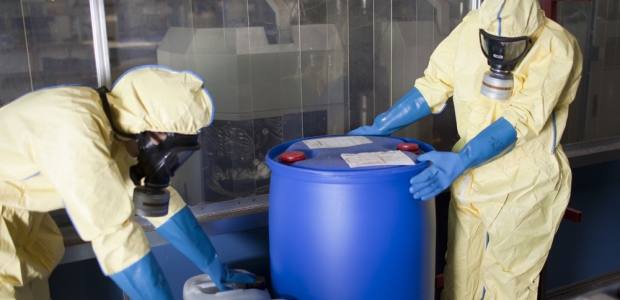
By Sally J. Smart
When respiratory hazards cannot be eliminated and employers are considering using respiratory protection, choosing the right respirator is the key.
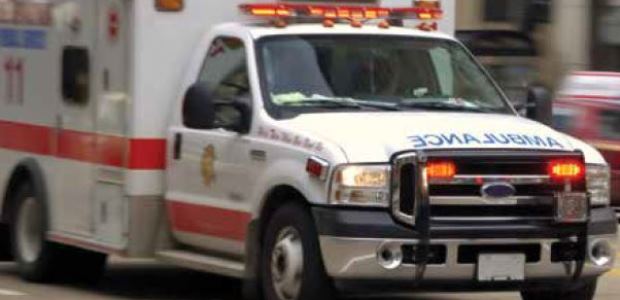
By James Dziendziel
Strive for consistency to avoid confusion when emergencies occur. Debrief and analyze how an emergency was handled and whether the appropriate transport style had been used.
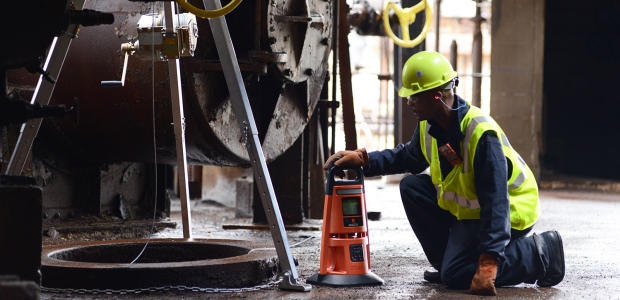
By Liz Keblusek
New advances in gas detection equipment take real-world scenarios to heart and ensure everyone working around confined spaces will know where and why instruments are alarming.
Departments
By Jerry Laws
The Nov. 7 meeting allows NIOSH personnel to give an update of new protocol developments.
By Robert Pater
Enlist these three critical, interlocking "E's" in your own way and you’ll also achieve remarkable strides in Safety performance, communications, leadership, and culture.